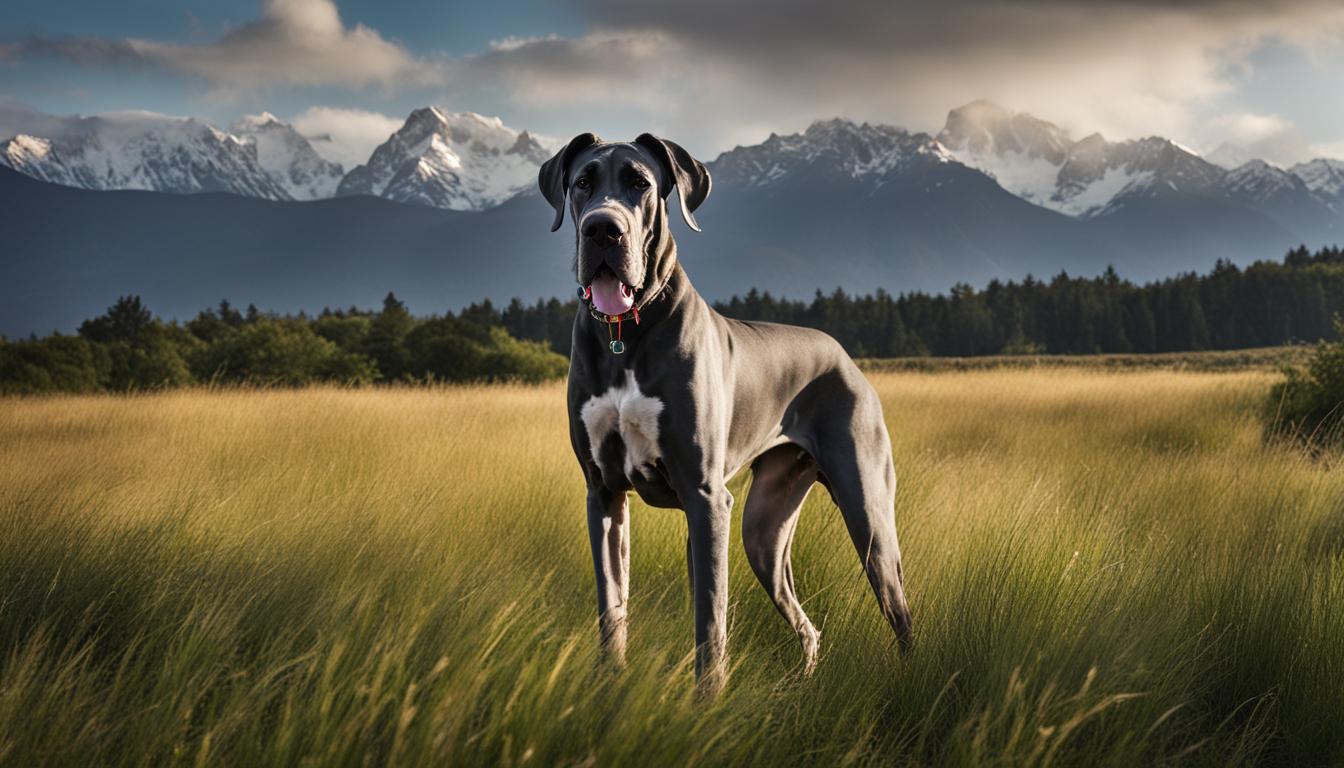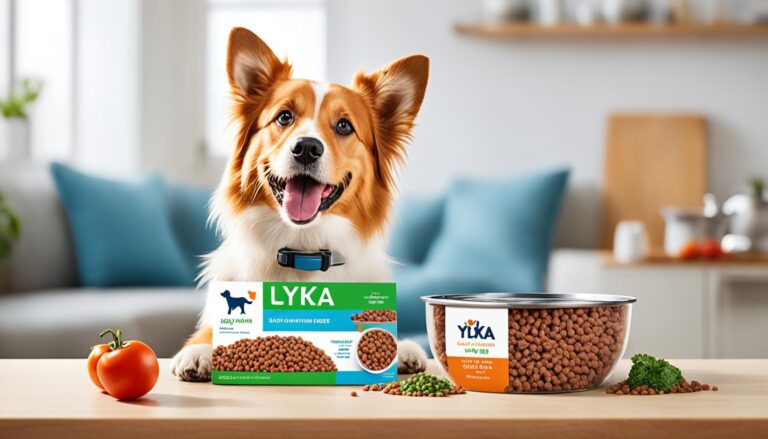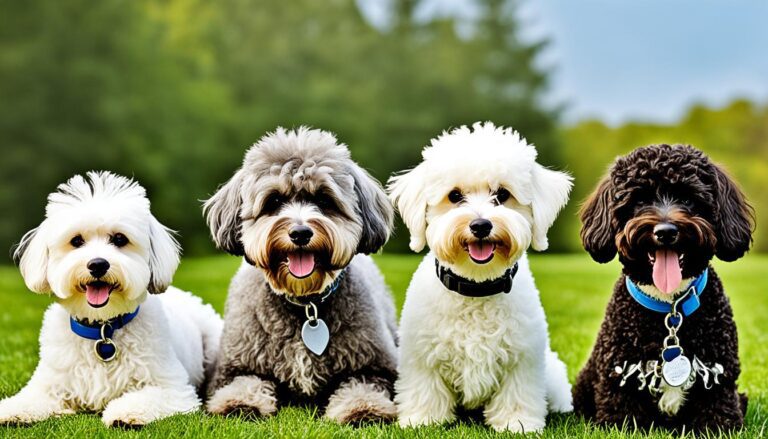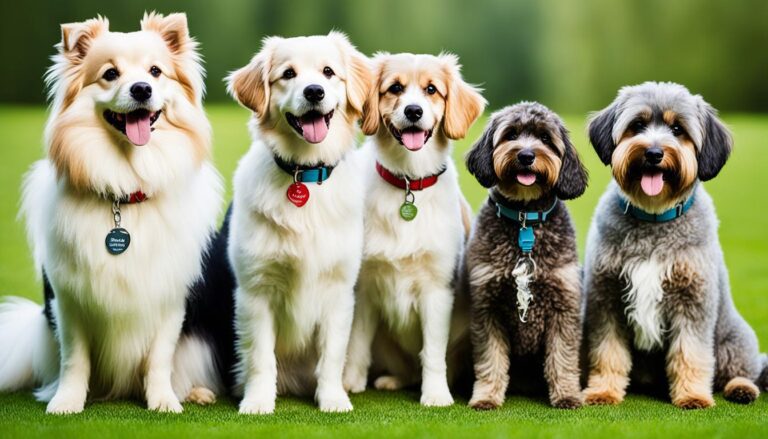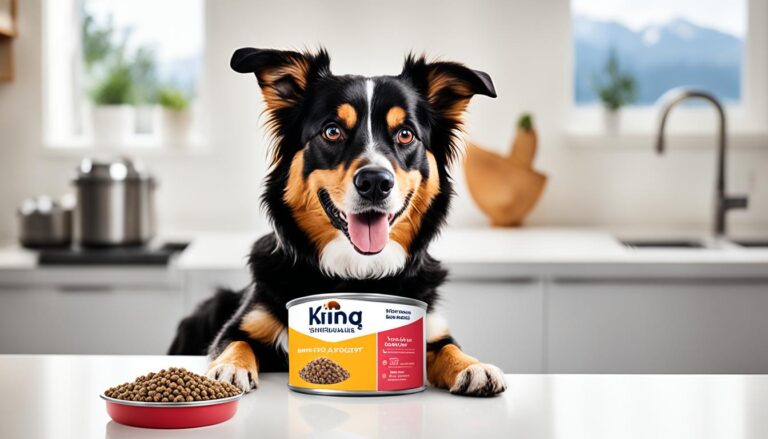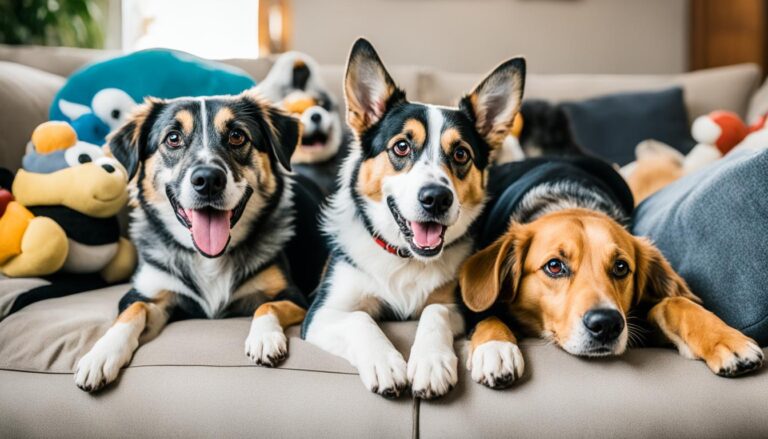Caring for Giant Dogs: Tips & Breed Insights
Giant dogs, such as the Great Dane, Mastiff, and Saint Bernard, require unique care due to their imposing size and specific needs. Understanding the distinct care requirements of giant dog breeds is crucial for providing them with the best possible care. This comprehensive guide will cover various aspects of caring for giant dogs, including nutrition, health concerns, grooming, exercise needs, training, mental stimulation, lifespan, home environment, and the financial commitment involved. By following these tips and insights, you can ensure the well-being and happiness of your gentle giant.
Key Takeaways
- Giant dogs, such as the Great Dane, Mastiff, and Saint Bernard, require unique care due to their size and specific needs.
- Proper nutrition is essential for giant dogs, with specialized large breed dog food formulated to support their size and promote steady growth.
- Giant dogs are prone to health issues such as bloat, joint diseases, and osteosarcoma, so regular vet check-ups and preventative measures are crucial.
- Grooming, exercise, and training are vital aspects of caring for giant dogs, helping to maintain their overall health and well-being.
- Mental stimulation is necessary to prevent boredom and destructive behavior in giant dogs.
Nutrition and Health Concerns for Giant Dogs
Proper nutrition is essential for giant dogs to support their size and overall health. Feeding them a specially formulated large breed dog food is crucial to meet their unique nutritional needs.
Giant dogs require a balanced diet that includes high protein content for muscle development and controlled calorie intake for steady growth, preventing excessive stress on their bones and joints.
Regular vet check-ups are necessary to monitor the health of giant dogs, as they are prone to certain health issues. Some common health concerns in giant dogs include:
- Bloat (Gastric Dilation Volvulus): This potentially life-threatening condition occurs when the stomach of a dog fills with gas and twists. Immediate veterinary intervention is crucial to save the dog’s life.
- Joint Diseases: Large and giant breeds are susceptible to joint diseases, such as hip and elbow dysplasia. These conditions can cause pain, lameness, and mobility issues.
- Osteosarcoma (Bone Tumors): Giant dogs are at a higher risk of developing osteosarcoma, a type of bone cancer. Early detection and treatment are essential for a better prognosis.
Preventative measures, including joint supplements and a balanced diet, can help mitigate the risk of these health issues in giant dogs. Additionally, providing regular exercise and avoiding obesity can contribute to their overall well-being.
| Nutrition and Health Concerns for Giant Dogs | Preventative Measures |
|---|---|
| Bloat (Gastric Dilation Volvulus) | Avoid feeding them large meals in one sitting. Consider using a slow feeder or puzzle feeder to distribute their meals throughout the day. |
| Joint Diseases | Include joint supplements that contain glucosamine and chondroitin sulfate in their diet. Avoid excessive jumping and provide low-impact exercise. |
| Osteosarcoma (Bone Tumors) | Regularly inspect their limbs for any lumps or swelling. Work closely with your veterinarian to detect any signs early. |
Proper nutrition and regular veterinary care are vital for the overall health and well-being of giant dogs. By understanding their specific nutritional needs and being aware of potential health issues, you can provide them with the best possible care. Remember to consult with your veterinarian for personalized recommendations based on your dog’s breed and health conditions.
Grooming, Exercise, and Training for Giant Dogs
Grooming plays a crucial role in the care of giant dogs. Regular grooming routines are essential to maintain their skin health, minimize shedding, and detect any abnormalities early on. This includes trimming their nails, cleaning their ears, and brushing their teeth.
When it comes to exercise, it is important to tailor the activities to the specific needs of each giant dog breed. While some breeds are more laid-back, others require more physical activity. Providing appropriate exercise not only helps them stay fit but also prevents strain on their developing bodies and reduces the risk of joint issues.
Training is an integral part of raising well-behaved and safe giant dogs. Positive reinforcement methods should be employed from an early age to encourage good behavior. Consistency, patience, and rewards are key to successful training sessions. Giant dogs are intelligent, and mental stimulation is essential to prevent boredom and destructive behavior. Engaging them with interactive games, puzzle toys, and regular training sessions helps keep their minds sharp and satisfied.
By prioritizing grooming, exercise, and training, you can ensure that your giant dog thrives in all aspects of their life, from their physical well-being to their mental stimulation.
FAQ
What are some popular giant dog breeds?
Some popular giant dog breeds include Great Danes, Mastiffs, Saint Bernards, Irish Wolfhounds, and Newfoundlands.
What are the specific care requirements for giant dogs?
Giant dogs require proper nutrition, regular vet check-ups, grooming, exercise, training, and mental stimulation to ensure their well-being and happiness.
What kind of food should I feed my giant dog?
Giant dogs should be fed a large breed dog food that is specifically formulated to meet their nutritional needs, including high protein content for muscle development and controlled calorie intake for steady growth.
What are some common health issues in giant dogs?
Some common health issues in giant dogs include bloat (gastric dilation volvulus), joint diseases, and osteosarcoma (bone tumors).
How often should I groom my giant dog?
Giant dogs should be groomed regularly, including nail trimming, ear cleaning, and teeth brushing, to keep their skin healthy, reduce shedding, and identify any abnormalities early on.
How much exercise do giant dogs need?
Exercise needs for giant dogs vary depending on the breed. Some may be more laid-back and require moderate exercise, while others may need more vigorous activity. It is important to provide appropriate exercise to prevent strain on their bodies and joint issues.
How can I train my giant dog?
Training is crucial for giant dogs to ensure they are well-behaved and safe companions. Positive reinforcement methods should be used, starting from an early age, to establish good behavior and obedience.
Do giant dogs require mental stimulation?
Yes, giant dogs require mental stimulation to prevent boredom and destructive behavior. Engaging them in puzzle toys, interactive games, and regular training sessions can keep their minds active and stimulated.

